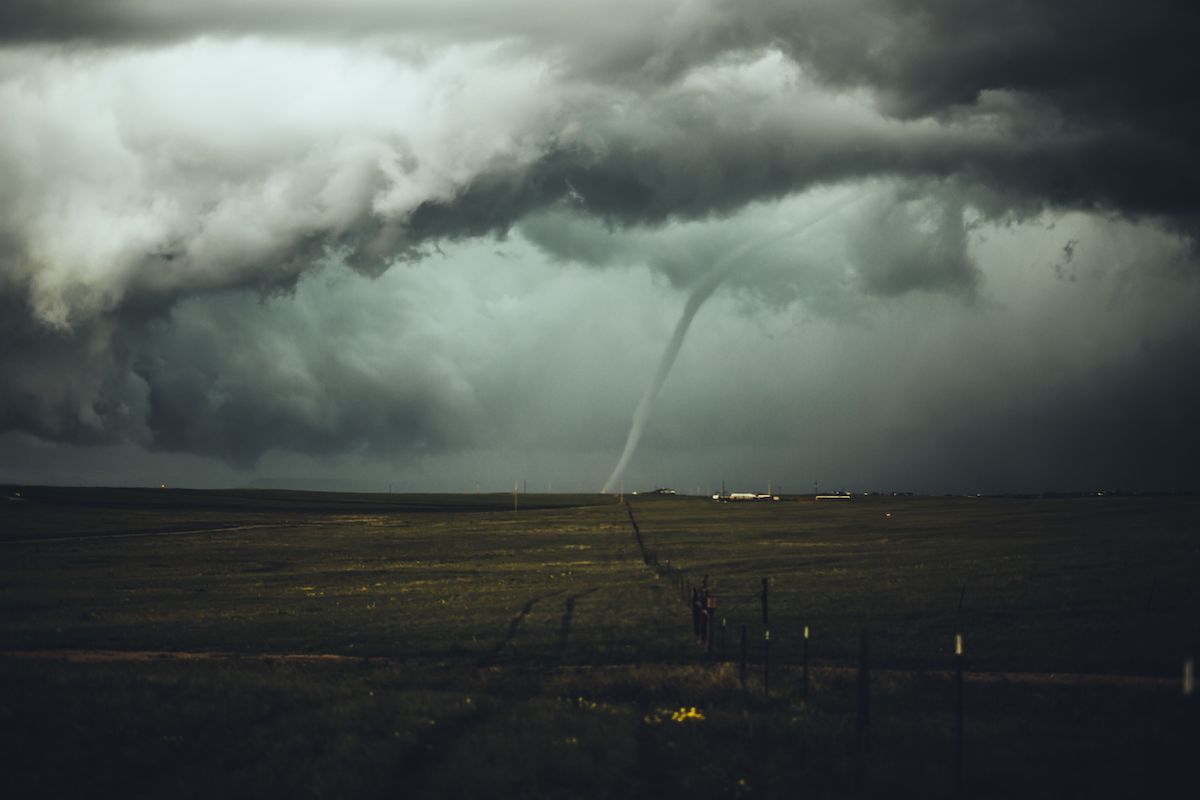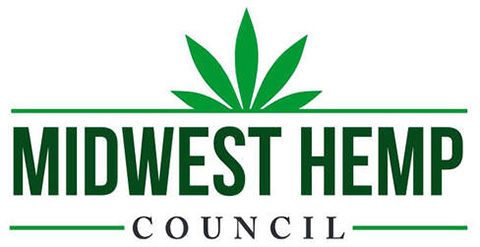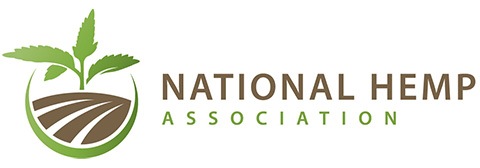
One option for hemp farmers to manage risk is weather contracts. A weather contract is a form of coverage against adverse weather conditions. Weather contracts are not specific to any particular crop. Instead, the buyer chooses what weather conditions he or she would like to protect against, such as excessive or inadequate precipitation, extreme temperatures, or hail. If a selected weather event occurs within the time-frame specified and meets the parameters of the contract, then the buyer receives payment according to the contract’s specifics and the actual weather conditions. Additionally, because weather contracts are not covering the crop itself, any operator in the hemp supply chain or ancillary business with a stake in it could purchase such products to manage risk.
To learn more about risk management options for hemp farmers, Hemp Benchmarks recently interviewed Jim Baldonado and Austin Davis of The Home Agency, an insurance company based in Nebraska. We also caught up with Brian O’Hearne of Arbol, a software platform that connects users with weather risk management solutions. The Home Agency has partnered with Arbol to provide weather contracts to hemp farmers and others that have a stake in the industry.
The Home Agency stated as an example, “A farmer could purchase a weather contract to guard against excessive precipitation during the planting season. If heavy rainfall occurs and meets the threshold specified in the contract, then the farmer would get paid per excessive inch of rainfall in this case. The cost and payouts of weather contracts are agreed upon between the buyer and the contract provider, allowing the buyer to scale the policy for their specific needs and operation. In this example, coverage is not dependent on whether or not the farmer is able to plant, only if the specified weather conditions are met or not.”
In December 2019, the USDA’s Risk Management Agency (RMA) announced a new crop insurance option for hemp growers in certain counties of 21 states, starting this year. A February 6th press release from the USDA provided more details on the Multi-Peril Crop Insurance (MPCI) pilot program.
Along with the MPCI pilot for select counties, the Noninsured Crop Disaster Assistance Program (NAP) reportedly protects against “losses associated with lower yields, destroyed crops, or prevented planting where no permanent federal crop insurance program is available.” According to the USDA, hemp producers may apply now for both programs, with a March 16 deadline to sign up.
However, there are limitations to the current federally-backed insurance offerings for hemp. As noted, some risk management programs are available only to farmers in certain locations. Also, the USDA announcements of new crop insurance programs have stated uniformly that “hot” hemp would be ineligible for coverage, even in cases where a loss may have been triggered by other factors.
Considering the limitations of the RMA’s crop insurance offerings, weather contracts could serve as another option for growers to manage risk. And, since the crop itself is not being insured, whether and how much a weather contract pays out is not dependent on valuing any loss that might occur; there is no claims and adjustment process. Along the same lines, whether a hemp crop exceeds the maximum allowed THC concentration is immaterial in the case of weather contracts.


